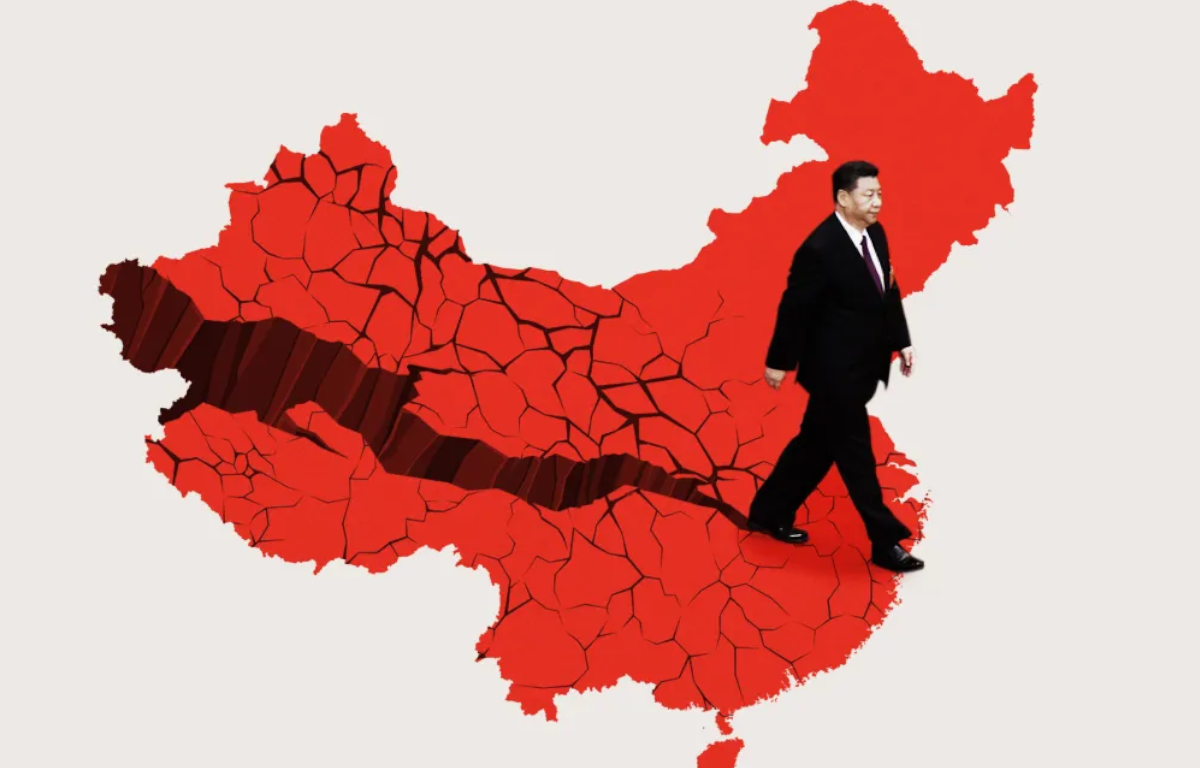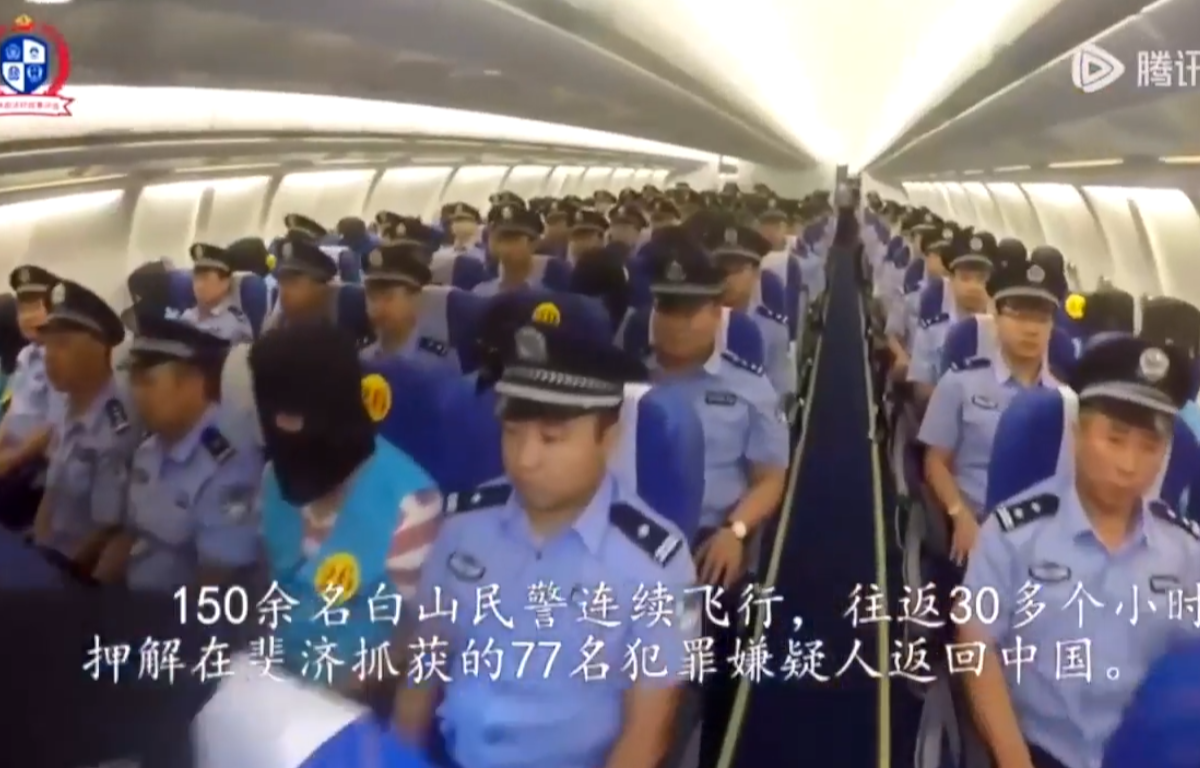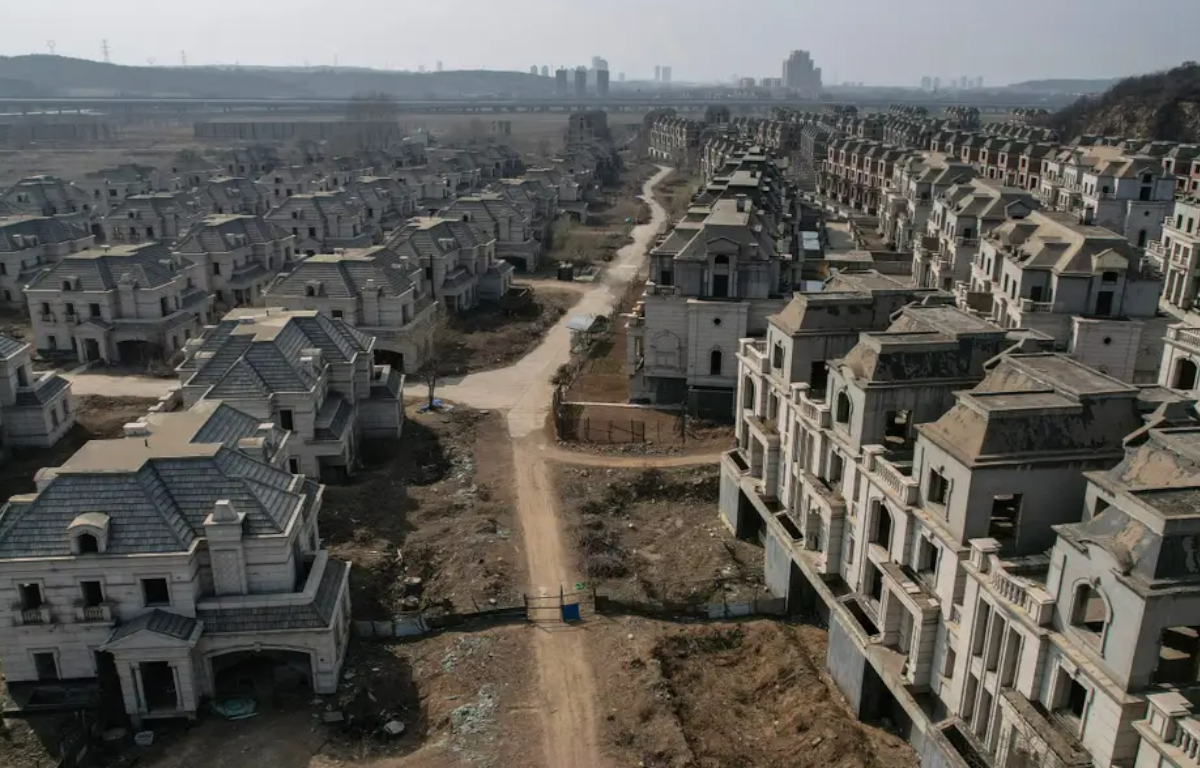
This high-profile case underscores China’s commitment to rooting out corruption at all levels of society, including within healthcare institutions.
The former president, whose name has not been disclosed publicly as per Chinese legal protocols, served at a leading hospital in Beijing, playing a significant role in the management and administration of healthcare services. The allegations against the ex-president are related to corruption, embezzlement, and abuse of power during their tenure.
Corruption in the healthcare sector can have severe consequences, compromising patient care, misappropriating public funds, and eroding trust in medical institutions. China’s anti-corruption efforts aim to address these issues and promote transparency, accountability, and integrity in the healthcare system.
The detention of the ex-Beijing hospital president is part of a broader anti-corruption campaign led by Chinese authorities. President Xi Jinping has made combating corruption a top priority, targeting not only high-ranking officials but also individuals in various sectors, including healthcare, finance, and education.
The crackdown on corruption in the healthcare sector is particularly crucial as it directly impacts public welfare and healthcare access. Misuse of resources, bribery, and unethical practices can undermine the quality of healthcare services and harm patients’ interests.
China’s anti-corruption measures encompass various strategies, including investigation, prosecution, and institutional reforms aimed at preventing future occurrences of corruption. These efforts are designed to create a more transparent and accountable governance framework, fostering public trust and confidence in state institutions.
The case of the ex-Beijing hospital president serves as a reminder of the ongoing challenges posed by corruption and the necessity of robust anti-corruption mechanisms. It also reflects China’s determination to uphold the rule of law and promote ethical standards across all sectors of society.
Moving forward, it is essential for China to continue strengthening its anti-corruption infrastructure, promoting ethical leadership, and fostering a culture of integrity and accountability. By addressing corruption comprehensively, China can enhance governance effectiveness, improve public services, and bolster its reputation both domestically and internationally.










Share this: